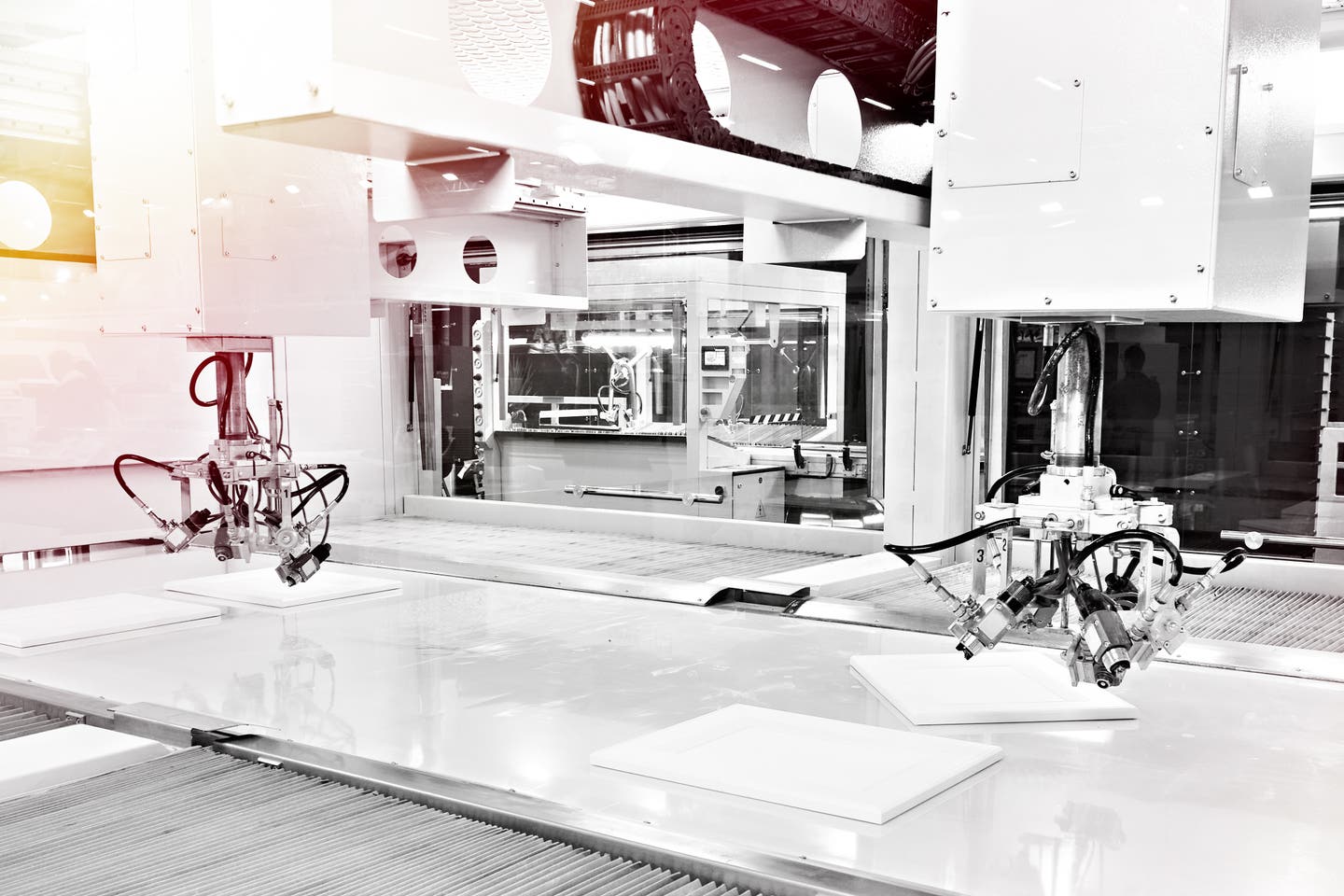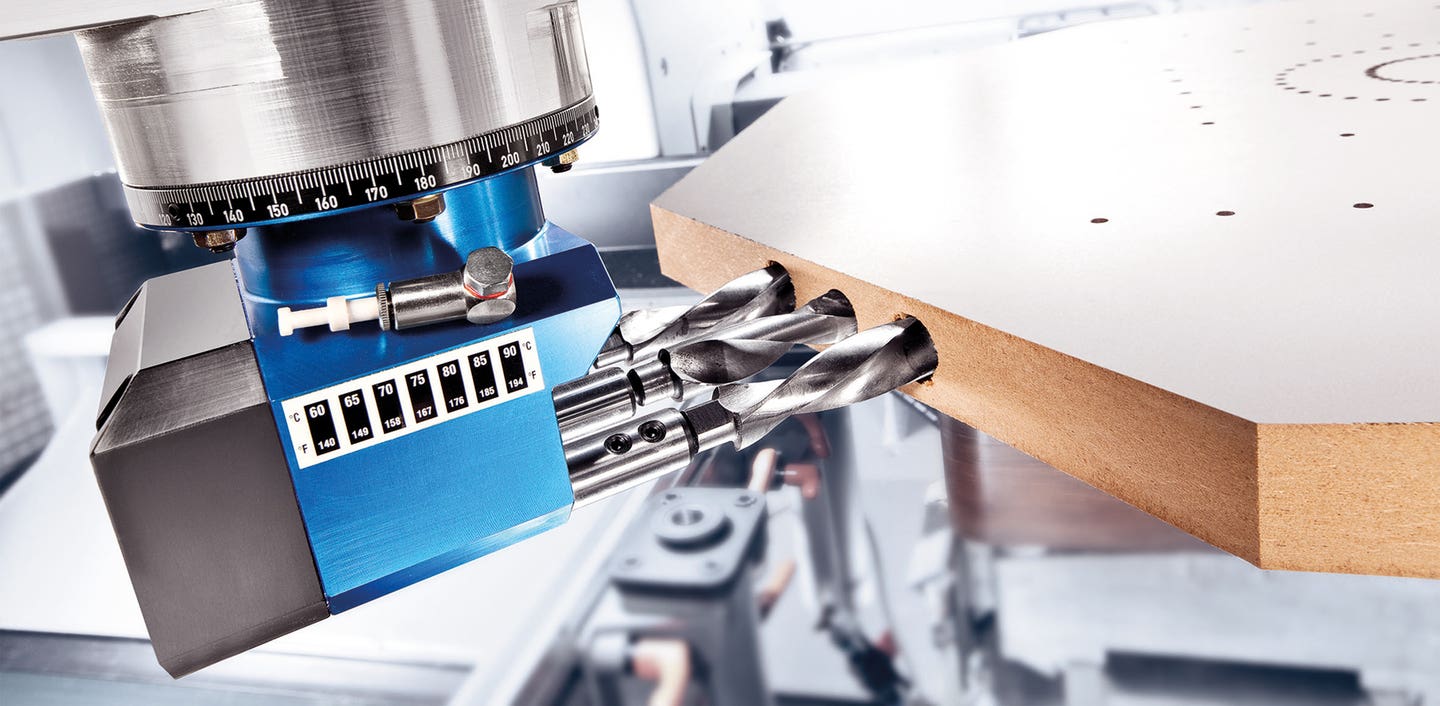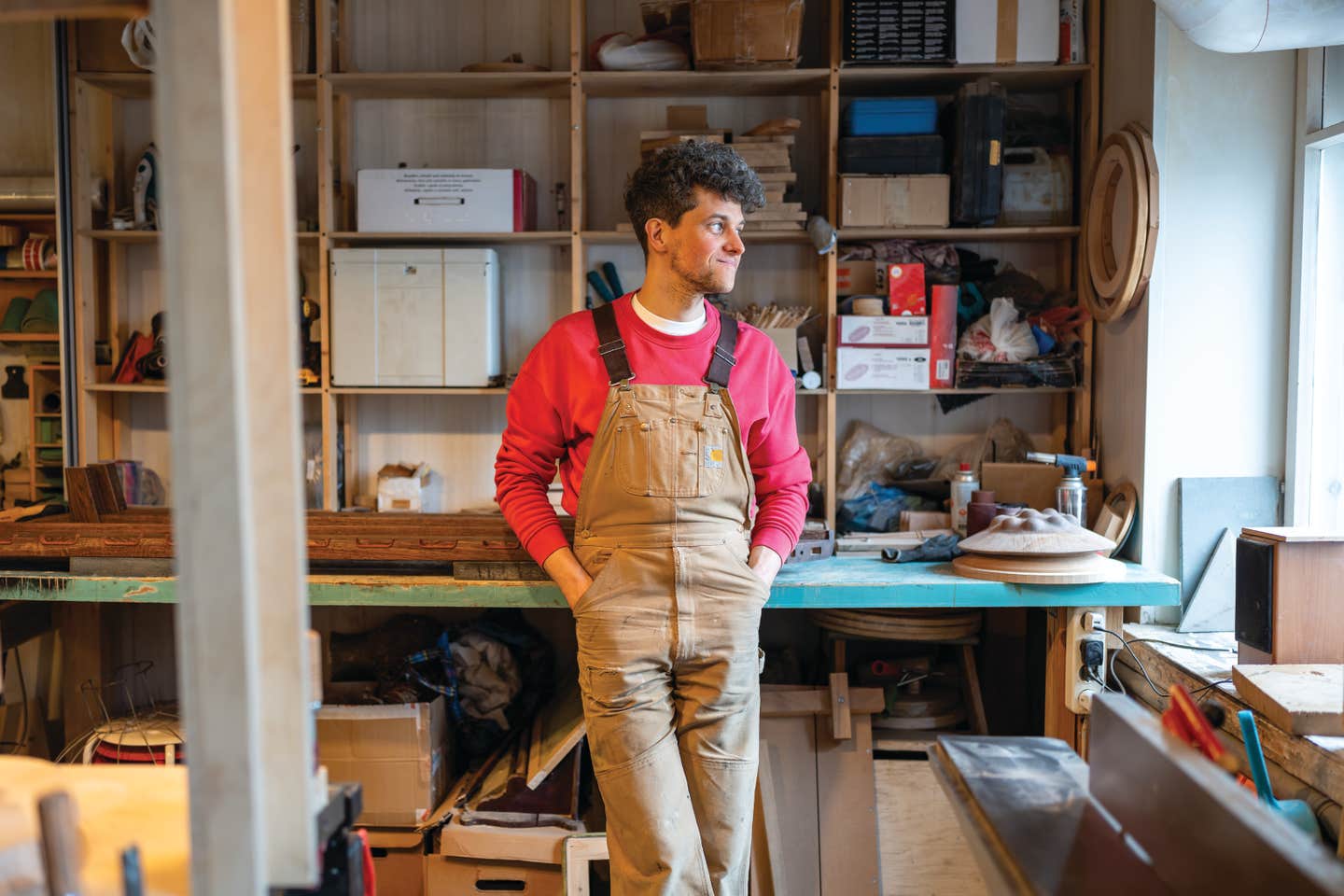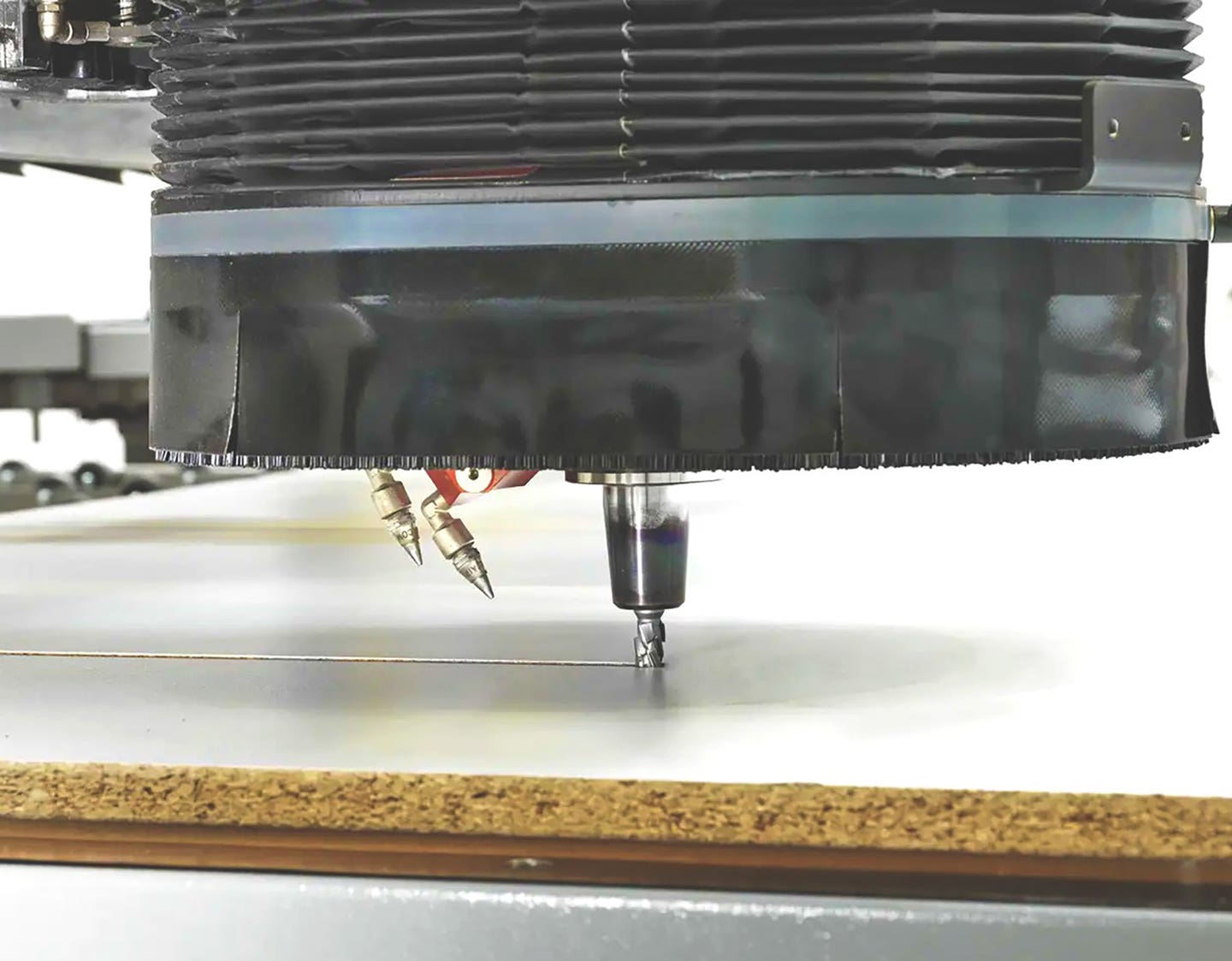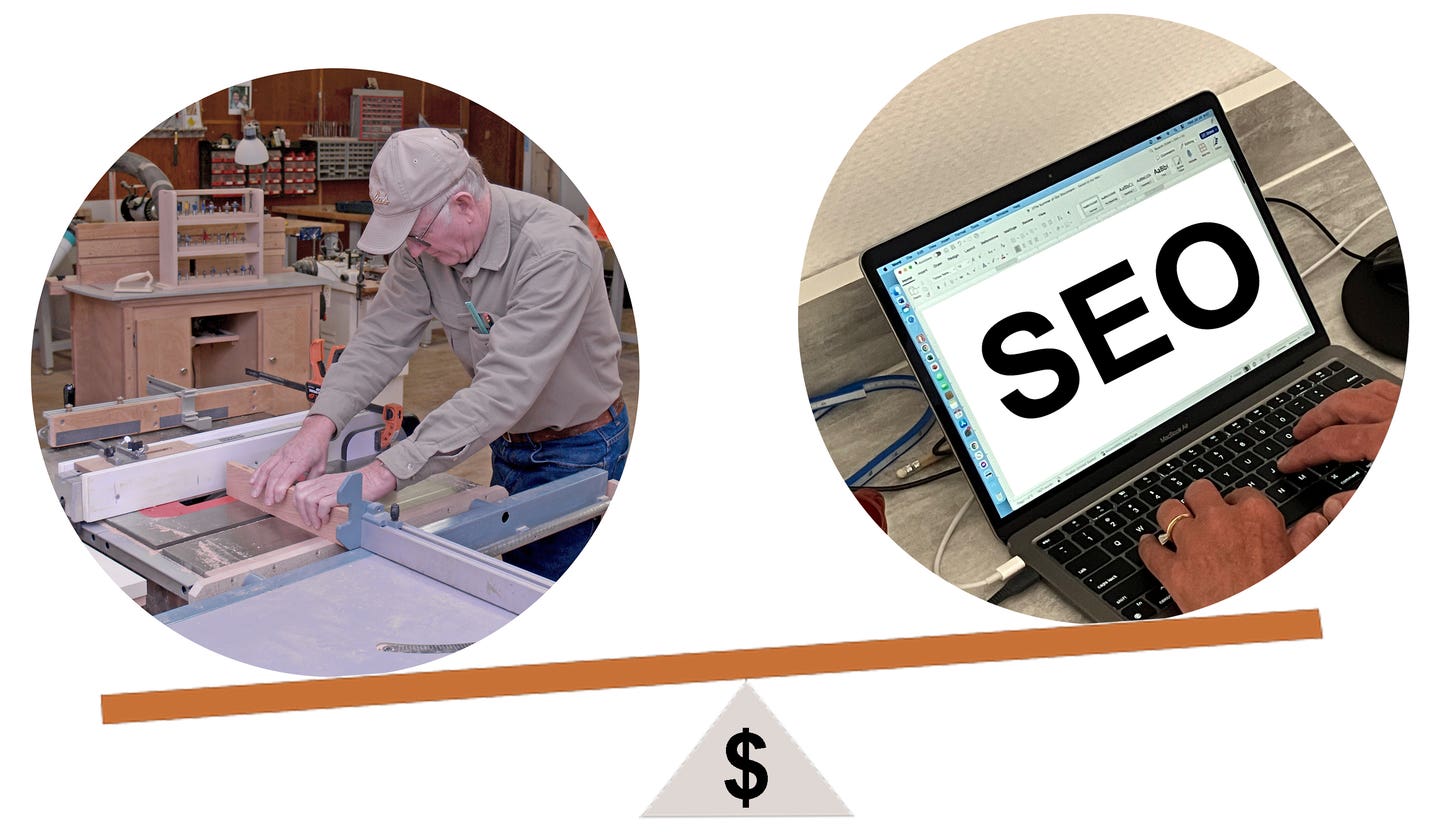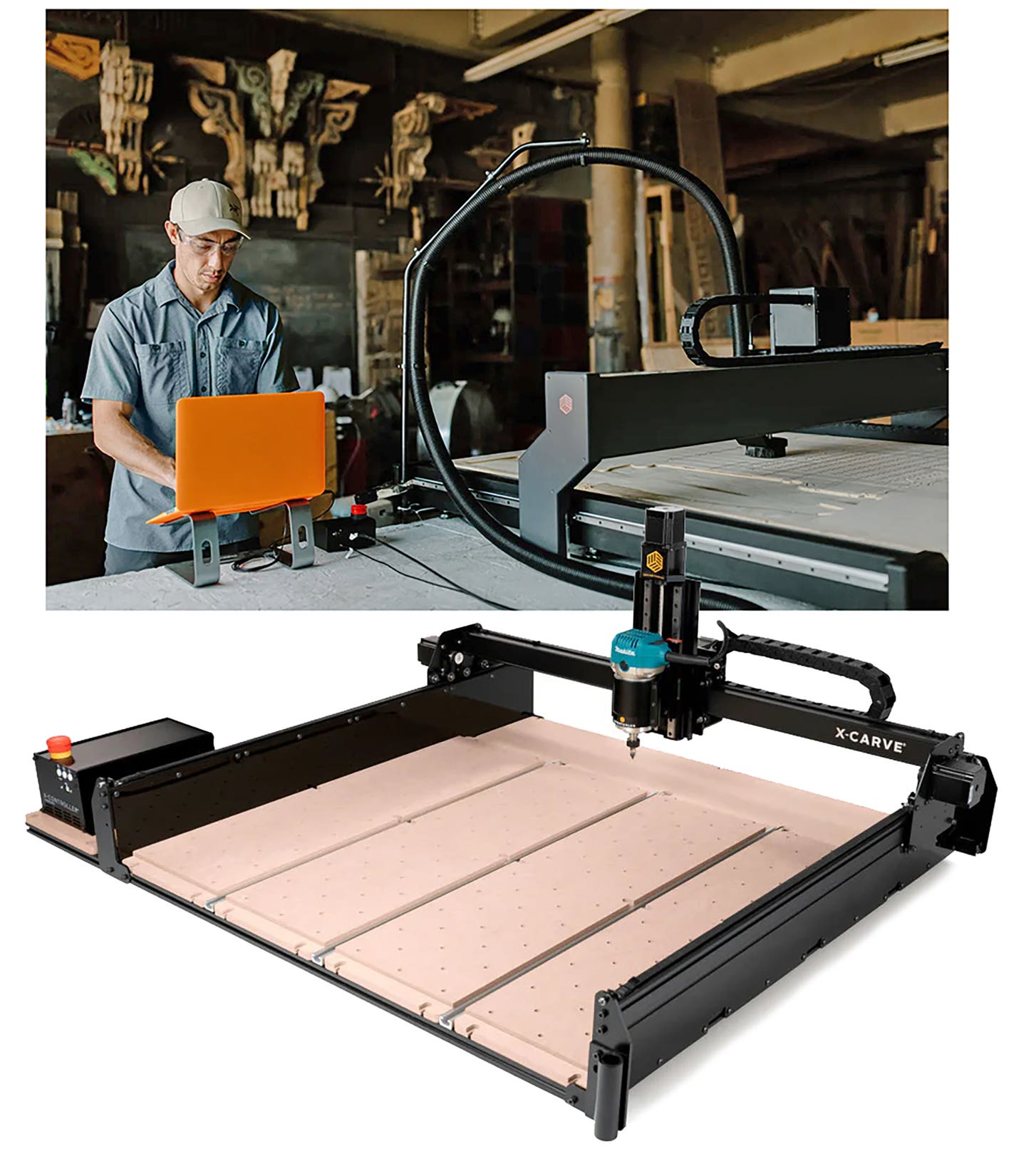Aubin Woodworking Doubles Down
Aubin Woodworking is expanding to double its annual sales in the next four to five years.
As the owners of Aubin Woodworking in Bow, N.H. prepare for the 30th anniversary of their commercial architectural millwork shop next month, they remain eager to expand.
Founder and president Tony Aubin, along with co-owner and vice president Randy Wasylak, have grown the company exponentially over the years to around 50 employees. Annual sales are almost $11 million, and the ambitious partners hope to double that soon.
“It’s been a great run so far,” says Aubin. “The work that we have is incredible. The amount of work that we have and continue to get is incredible. We don’t advertise anything. I think we’ve grown progressively every year and have been adding on to our engineering department, project management department, adding on to the shop. The growth has been dictated by the demand.”
“Our goal is to get to about $20 million in about four to five years. That would put us at about 65 employees. There’s definitely enough work out there to support that. It’s just a matter of getting the infrastructure here built up as well.”
Aubin started the business in 1994 as a millwork and casework installation company and partnered with Wasylak in 2002. The two have been best friends since college.
The company caters to the commercial market, building for professional offices, colleges, medical facilities, banks, bars, restaurants, and more. The market used to be localized, but a wider net has been cast.
“We now cover all of New Hampshire. We’re pretty heavily involved in southern Vermont and we’re getting more and more into southern Maine. We’re going down into northern Massachusetts and we very occasionally get into Boston,” says Aubin.
The company was just awarded a big nursing home project in Vergennes, Vt., which Aubin is elated about.
“The neat thing about this project, which is very near and dear to my heart, is my dad grew up in Vergennes and it is right next door to his house, so it’s pretty cool. I love going there and I know this nursing home, and when Randy was bidding on it, I really hoped we got it.”
Adding on
The business occupies about 18,000 sq. ft. or two-thirds of a warehouse in a remote section of town. The shop is brimming with state-of-the art equipment including automated machines. Renovations are underway that include a 7,500-sq.-ft. addition.
The partners recognize that the key to a thriving company is the people behind it, and they are focused on keeping current employees happy while bringing in more skilled help.
“It’s still a challenging job finding qualified help. That’s the number one thing out there I think in our industry and a lot of industries. We’re having to train everybody. There’s not a lot of people who have experience in our industry,” says Aubin.
Aubin has developed a relationship with the director of the Concord Regional Technical Center in Concord, N.H., a high school trades program for which he hopes to gain some prospective employees. As a board member of the Architectural Woodwork Institute (AWI), Aubin has agreed to do several talks on scholarships and grants available for students in the woodworking industry.
“I’m happy to do it because I feel like I need to give back to the industry. It’s given me so many things over the last 30 years and I want to contribute back to it if I can, so that’s kind of our resource I’m reaching out to now. We’re the gray-haired industry. We’re 55 to 60 plus out in the shop, and in the office,” he says.
The shop has several highly skilled custom builders, a lot of entry- and mid-level woodworkers doing production work, and dedicated operators for the CNC, edge bander, and dovetail drawer machines. There are two dedicated finishers who are looking forward to a new spray booth that’s in construction, and six full-time installers.
Aubin wants to add a second shop foreman.
“One of the things I learned through AWI is if you’re managing more than 10 people, it’s just not efficient and it doesn’t work. Our shop has 20-plus people and I have one foreman out there. It’s just too much. It’s not fair to him or those that directly report to him, so we’re trying to break down the management in the shop into production and custom.”
Behind the Scenes
The administrative side of the company accounts for about half of the total staff, with a few recent hires in management and sales.
The engineering department has several drafters, but more are always sought. Some drafting is outsourced to a company in India due to efficiency, cost and lack of local resources. The partners are also looking into another outsourced drafting service called DuckWorks Millwork Solutions.
“We use Microvellum software here, so we’re looking at services that also support Microvellum, and both services use that,” says Aubin.
Aubin manages engineering and manufacturing and is one of several project managers, while Wasylak handles sales and estimating. Wasylak says he’s particularly excited about a new two-part ERP software the company is implementing, ProjectPak and ShopPak by TradeSoft.
“Once ProjectPak gets fully incorporated with the estimating, then we can move onto the ShopPak portion, which is project management and manufacturing. We’re hoping that will move us to the next level,” says Wasylak.
“As a $10 million plus business, without something like this, organizing is a challenge. It’s difficult to keep everything processed. Reporting is very difficult. Tracking is very difficult. With this ERP system, we’ll get data that will allow us to know what our most profitable jobs are, what our highest hit rate jobs are, and it will just do reporting which will let us be more efficient in estimating and allow us to decide which projects we’re going after.”
Up for the Challenge
Aubin and his leadership team have a tremendous feat ahead with the proposed expansion, but he feels compelled to move forward for several reasons. For starters, it will help the company keep its competitive edge.
“The competition is still out there, but I think it’s definitely gotten to be less,” says Aubin. “With the size of projects we’re able to bid on, and the insurance requirements that you have to carry for projects these days, the small people aren’t financially able to carry these types of things. So, it definitely puts us in a different market. There’s the bonding, too. We’re bonded and larger projects require bonding. The GCs are saying in years past they used to get five to six bids and now they’re struggling to get two to three bids.”
Aubin says downsizing would clearly be the easier thing to do, but he and other upper management prefer to take the hard road because it reaps more rewards.
“If it was easy everybody could be doing it, and everybody is not doing this. I would love to just work 40 hours a week, come in and do my job, go home, enjoy my family and my extracurricular activities outside of here. But I don’t. I work 60 to 70 hours a week, seven days a week. I feel obligated to support the staff that we brought on and keep the monster fed, so to speak.”
For more, visit aubinwoodworking.com.
This article was originally published in the December 2023 issue.


